-

Erin Donahue -

Christina Barkanic -

Brittany Trott -

Emily Wiley -

Jessica Reilley -

Chris Raines -

Will Nichols -

Emily Reddy -

Michele Marchetti -

Michele Frank -

James Gherardi -

Kit Henshaw -

Christina and Erin -

Kim Tait -

Erin McKinney -

Steve Spanelli -

Sam Komlenic -

Katherine Taylor Grofic -

James Eisenstein -

Jamie Oberdick -

Anna Lombardo -

LacCreta Holland -

Tony Ricci -

Local Food Journey -

Laura Young -

Kristin Camplese -

Harrison's Fresh + Local -

Danielle Matalonis -

Kristine A. -

Linda Weaver -

Naomi Elle Schwartz -

Dana Stuchul -

Cara McShane -

Brittany Smith -

Jessica Illuzzi - Frosty
-

Jessica Paholsky -

James Sechrengost -

Brad Yeckley -

Maya Althouse -

Jordan Reabold -

Kim Chase -

Maria Bryant - Alexandrea Scott
Winter is a time of some rest, reminiscing for local farmers
Posted by James Eisenstein on 01/06, 2014 at 09:57 AM
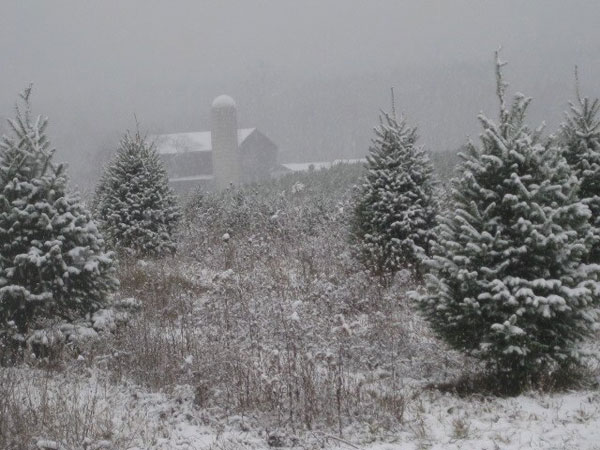
Winter offers unpaid field hands like me respite from the daily toil that spring, summer, and fall days require. It is a good time to reflect on the past year. And when I begin these reveries, the first word that comes to mind is . . . pears.
Last year was the first growing season when we had much fruit to sell, aside from currants and strawberries. And strawberries don’t count because even though John has bestowed upon me the position of “Director of Fruit Operations,†I don’t have much to do with them. In June, we picked sour cherries from two trees (so beautiful that I’m sharing a picture of them even though they don’t have much to do with pears).
In the fall, our first substantial pear crop was harvested, both standard and Asian varieties. If you came to our stand at the North Atherton Farmers Market at just the right time, you might have noticed (or even better for you, bought some). The “Comptesse Clara Frijs,†a very old variety originally from Denmark, were not very attractive, but the customers I talked into buying them came back the next week with rave reviews. We also had Seckel pears, my favorite and often judged as the very best tasting pear. They originated in the early 1800s near Philadelphia, and are small, juicy, and spicy.
Four of our Asian pear trees bore a good crop, with some of the younger ones contributing a few more. We had both 20th Century and Hosui. Unlike most standard pears, which must be picked while still hard and chilled till they ripen, Asian pears ripen on the tree. They look absolutely beautiful on the tree, and customer response was also enthusiastic.
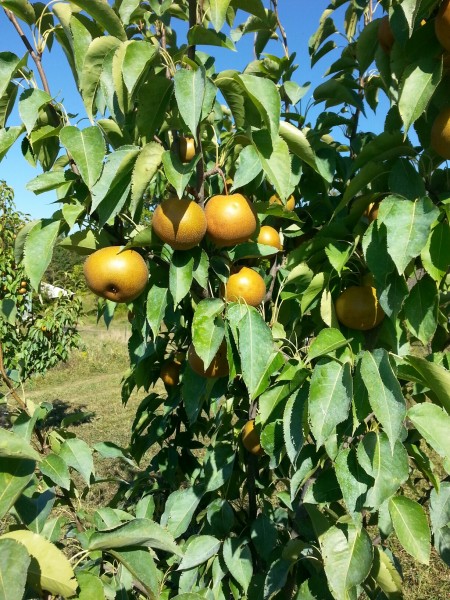
The Director of Fruit Operations was delighted, and vowed to clear part of what we call the “New Orchard†of the wild roses in preparation for planting more pear trees this spring. This isn’t easy. Those wild roses are mean, with many canes growing out in every direction, each adorned with wicked thorns. It is impossible to cut them at the base without first shortening the canes, which like to reach out and grab your pants or shirt or gloves and hold tight.
Sometimes, nearby bushes come to the defense of their brethren and sneak up from behind. Ouch! was just one of the words I uttered frequently.
In addition to thorns, these bushes produced lots of seeds—rose hips. Some folks make tea out of them. At Jade Family Farm, they go to the goats. So after cutting a couple of hundred branches, I put them in the truck to take to the goats. This provided me with another good “Ouch!†opportunity. The goats savored them, amazing me with how they deftly were able to eat the rose hips despite the thorns. I’ve asked them for lessons, but so far no response.
You can see the results of several days work. Note the absence of killer rose bushes and other large, dead weeds. It was hard but satisfying work, and afterwards I had something tangible to show for it. I can’t say I had the same sense of accomplishment after reading and grading a stack of term papers.
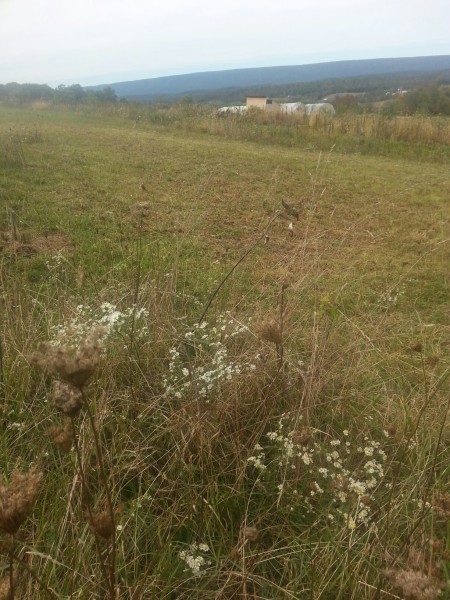
![]() Author: James Eisenstein
Author: James Eisenstein
Bio: Unpaid Field Hand at Jade Family Farm | Former Penn State Professor
- Our Local Food Journey comes to an end
- Winter isn’t a quiet time at the farm
- Get the taste of garden season right now by growing herbs indoors
- All you need to know about PASA’s Farming for the Future conference


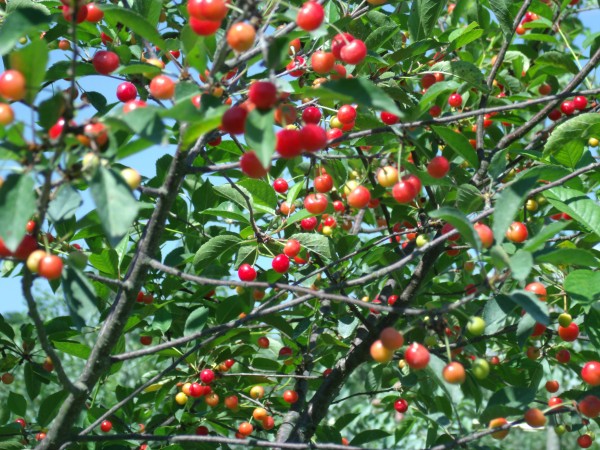
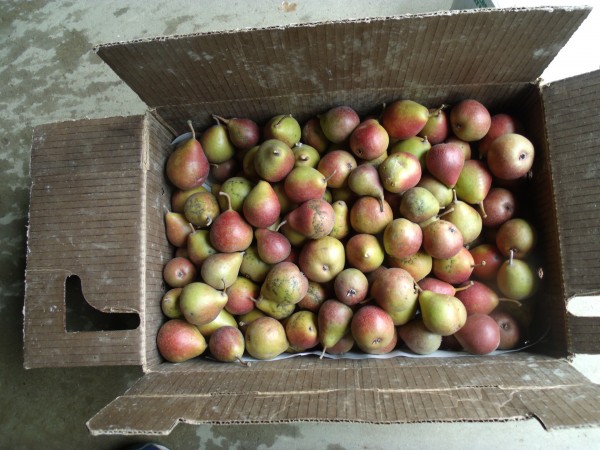
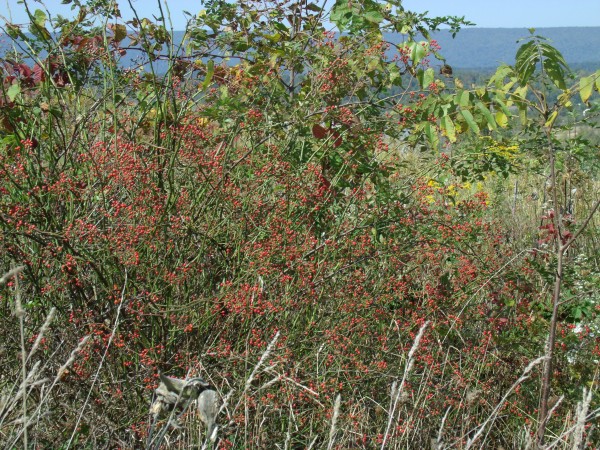
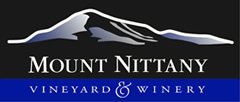




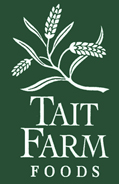

NO COMMENTS